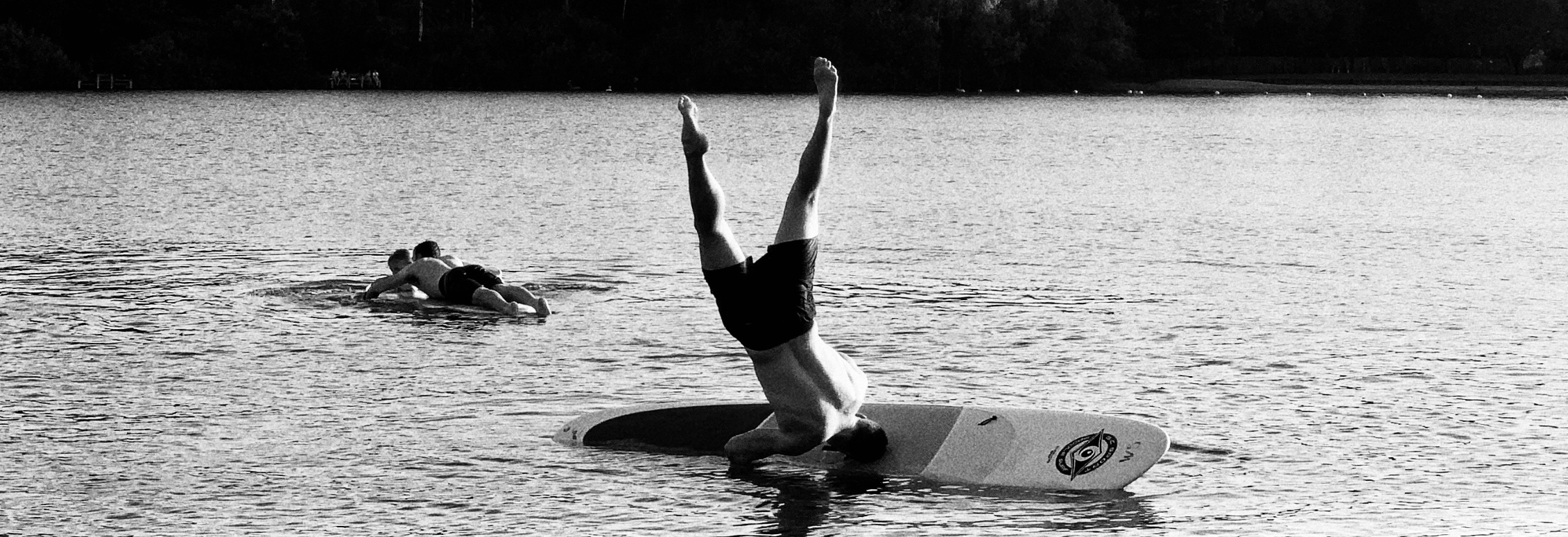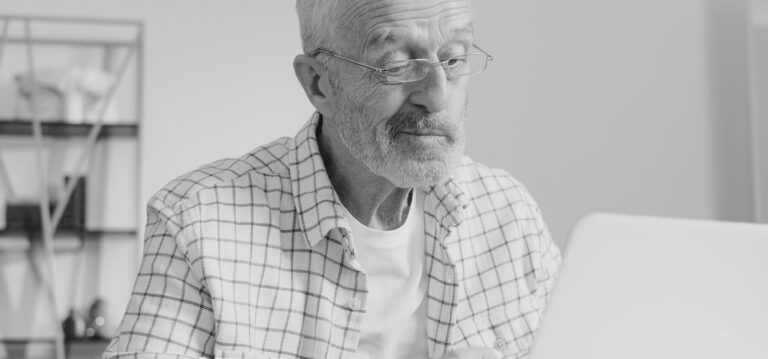Failing is an inevitable part of our lives.
We experience it from a very young age. As we take our first steps, we fall…but we get up again and keep at it until we master the art of walking!
And that pattern continues as we learn new skills – like playing a musical instrument or riding a bike.
Why is it then, that as we grow older – in business and in our careers – failure is frowned upon.
Should we give up? Stop trying?
Of course, not!
The lessons we learn from failure can be quite invaluable.
Oftentimes, we experience a far deeper level of learning from our endeavours that do not eventuate as planned, than from those that do.
Like most, I’ve experienced a few significant failures in business.
For example, when I was in my late twenties, I was invited to invest in a ‘sure thing’. A venture that ‘could not fail’. Rather than being naive, I did everything I could, or thought I could, to mitigate my risks and losses.
A water-tight contract on the project with numerous protections. But what I did not count on, was the company in question collapsing – leaving me exposed.
What a wonderful learning experience!
Of course, I didn’t enjoy it at the time, but the lessons I learned have lasted me a lifetime.
In sport, I’m often perplexed with the way teams handle wins and losses. It is often the norm that wins are followed by celebration and losses by reflection.
Often both are overdone.
For there are numerous times, when a team may outscore the competition but still fail. Sadly, in such instances, the scoreboard can be quite deceiving.
I’ve written earlier that winning isn’t everything referring to how we play the game (the quality of goodness). But even from a quantitative perspective, one does not need to be excellent, great or even good to win. One simply has to be better than the competition.
This can lower our gaze. Our standards. Our goals.
I’ve always maintained that “wining a game is often about the opposition, but winning championships is about us.”
To reach the ultimate goal in sport – in business and in life, it takes a wide range of contributing factors such as effort, good values and culture, character, persistence, determination, even vulnerability…and failing!!
In my life in management, I’ve had the uncommon luxury of working closely with some of the most successful entrepreneurs in our country who had all at some stage failed – and dramatically.
For one of them, it meant starting over from scratch at not a young age. And his advice to me was that whilst unwelcome, that experience gave him insights and wisdom far beyond any book, business school, or mentor.
Another encouraged us regularly to have the humility to fail!
A generous and caring man, he had the remarkable ability of bringing the best out of us.
Not only did he constantly ‘back us’ with our decisions and ideas, he incessantly ingrained in us his desire for us to be courageous.
“Have a an audacious Plan A,” he would often say with the smile of a proud father. “But also have a bullet-proof Plan B. And I’ll support you all the way.”
I truly believe that his unconditional belief In his people is an important factor in his success and that of his organisations.
In addition to our innate ability to learn from our failures, structured reflection and journaling are two effective tools to capture lessons even from minor mistakes.
A system I’ve adopted from the late Peter Drucker was his wise advice to record important decisions, reasons for making them, and perceived outcomes. He then encouraged mangers to go back and review the actual results against what was intended. By simply doing this as a habit, he argued, we would become better decision makers and fail less often.
In our organisations and even in our society, rather than impeaching those that have made honest and well-intentioned errors, we must create environments that learn from them.
Where possible we want to avoid mistakes and certainly the expensive ones.
However, penalising or even exiting people that make them, may well result in cover-ups and denial in the former and loss of a wiser person in the latter.
Finally, there is also something very profound that happens when we turn to one of us that has fallen and lend a hand to help them up and get them back on their feet.




